El Economista reported that the third meeting in the consulting process between the administrator of the airport network (Aena) and the airlines that operate in Spain took place yesterday. During the meeting, Aena confirmed that it wants to freeze the fees and subsidies for new routes and increase in passengers at a time in which air traffic is on the rise -the year could end with a 4% increase- and the company is already listed in the stock exchange. The airlines, on the other hand, would like to lower fees that are now frozen until 2025.
The Minister of Development, Ana Pastor, did not rule out lowering airport fees for 2017 if the traffic continues being positive, taking into account the good air traffic data from the beginning of the year. Aena must present its proposal for the 2016 fees sometime in May before sending it to CNMC (the National Market and Competition Commission). This regulating body will have a period of four months to issue its report before the proposal reaches the Ministry of Development.
According to CNMC’s criteria, now that the original report has been made official, Aena should lower airport fees between 2% and 3% for 2016, the first year of its application, and transfer 70 million Euros from the airports’ income to the commercial activity. Nevertheless, according to sources in the business, airport fees could be reduced up to 10% between 2016 and 2021 with the new fee modification.
The fees cover 76% of airport costs
Aena considers costs associated with airport activity and trading separate from the current dual-till model. This accounting system, which is not evaluated by the CNMC, is also used by Aéroports de Paris (ADP) and Fraport, oppose to the single-till system used at Heathrow. According to Aena, the income from fees only cover 76% of the costs of the activity derived from the facilities, while 29% of the income corresponds to the commercial activity, both inside and outside of the terminal. The airport manager, who doesn’t need to invest in airport facilities, works at increasing income by way of commercial activity, which is not regulated.
Change of scene
The fee modification implies that Aena would set aside 60% of commercial income in 2015 to calculate the update of airport fees. This percentage would decrease in the successive years: 40% in 2016, 20% in 2017 and 0% in 2018, which would be reflected in its balance sheet.
The CNMC report has set off alarms among the Aena shareholders. TCI, which holds 7.714% of Aena’s capital and is the second largest shareholder after the government through ENAIRE, will ask the shareholders to defend their interests at the board meeting to be held on June 3rd (as reported by CincoDías). Meanwhile, The Ministry of Development and Aena are studying the possibility of presenting an appeal against the CNMC report.
In the same vein, Aena has just named Matilde García Duarte as director of legal advice. According to ActualidadAeroespacial, her first duty could be dealing with the report issued by CNMC.
Photo: Aena Logo by Ricardo Ricote Rodríguez – Flickr


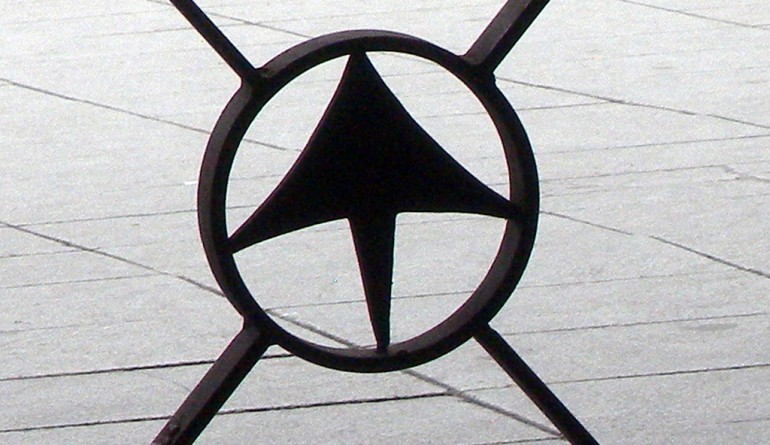
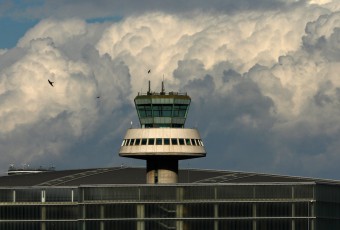
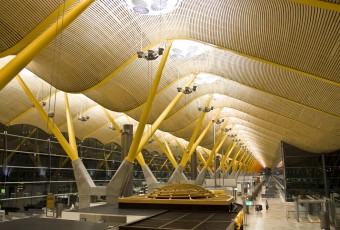
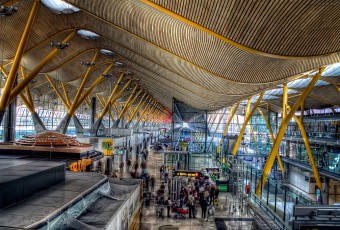
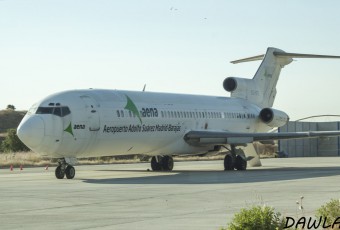
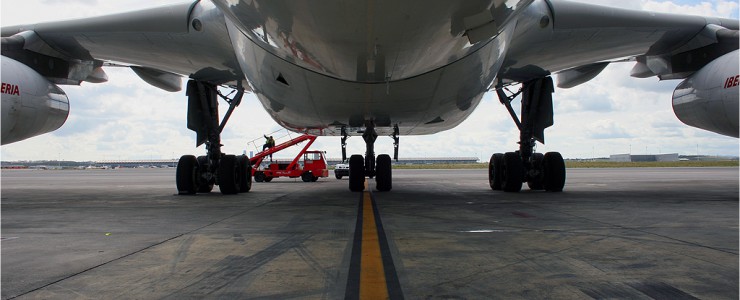
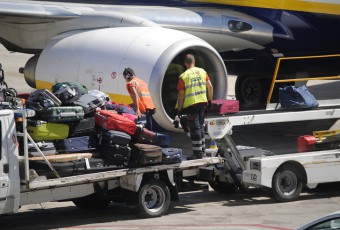

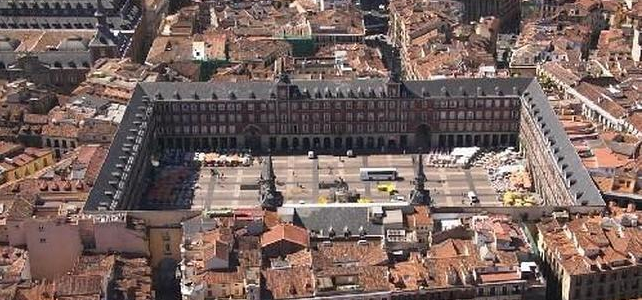
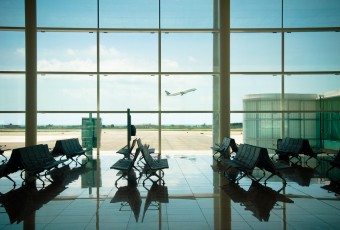
Pingback: Unprecedented lobby group formed by Air France KLM, Easyjet, IAG, Lufthansa and Ryanair - Flight Consulting
Pingback: The CNMC tells Aena to introduce a 1.9% decrease in airport charges - Flight Consulting